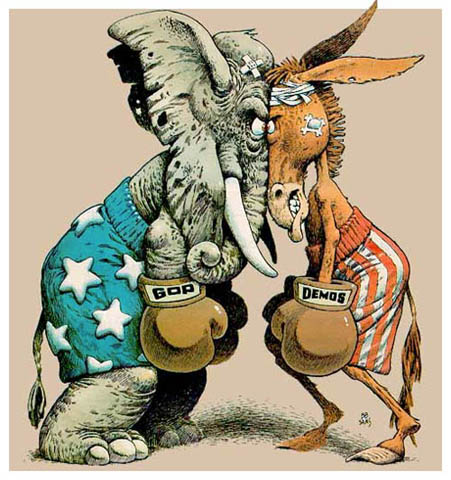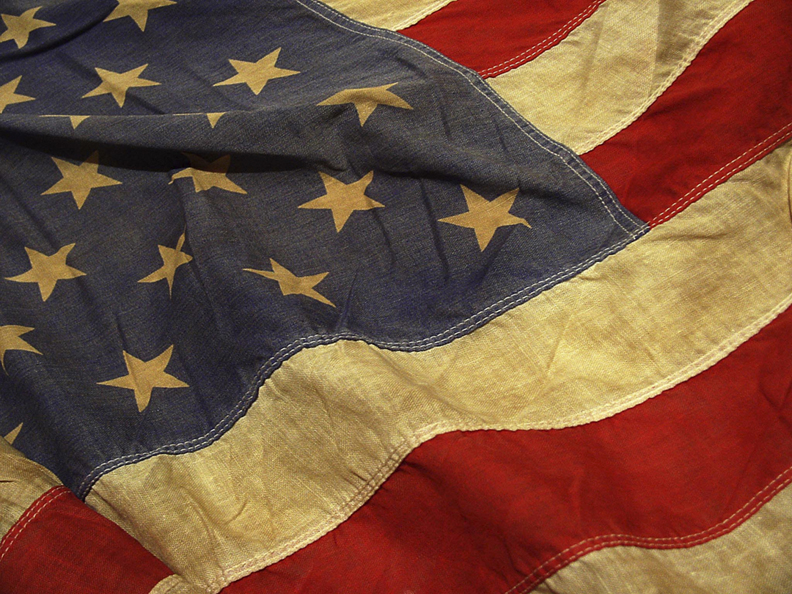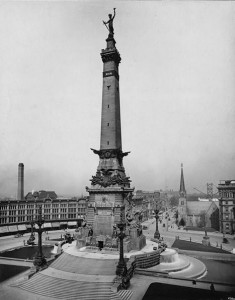
party |ˈpärtē| Noun ( pl. -ties)
2 a formally constituted political group, typically operating on a national basis, that contests elections and attempts to form or take part in a government.
The problem with today’s political system is that it’s all about politics. You laugh, but I’m only half kidding. Meaning I’m half serious. You see the picture up there, and it makes you laugh, but it’s not kidding either. It’s very serious. It means what it says.
Translation of the Photo: a) The parties hate each other. b) It’s ALL about the parties, not the candidates. c) why did the democrats pick the donkey as their logo?
The one thing that is funny, is that the parties don’t matter any more. It used to be (or so I’m told–I’m still climbing the Hill, not even close to over it) that you could count on your politicians. You could count on them to do what they said, considering that if they didn’t, it would be lying, and you, the moral citizen, would take it upon yourself to relieve this lying scumbag of his title.
Used to be, that if you believed in what the Democrats brought to the table, you’d vote for them, along with the other citizens who believed in them as well. If you believed in the Republican party, you’d vote for them.
Then it got ugly when people started “being” Republican or Democrat. People chose sides. People started hating the other party, as if it were a professional sporting event, and it was the biggest rivalry game on the face of the earth: “The American Thunder Elephants, versus, the USA Butt-Kickin’ Donkeys!”
It reached the point where Republicans couldn’t say or do anything to win over any of the Democratic voters, let alone the Democrats they were supposed to “work with” on any political problems. They were unable to convince anyone that they weren’t the crazy radical Rightists that they had been labelled.
Same goes for the Democrats, they were branded, by the Right, as power-mongering, America haters. They were evil in the eyes of all Republicans. Maybe the Right was right, and the Left was right. Maybe both were what the other said they were. Maybe not.
Both sides have good people, and both sides have bad ones, that’s just human nature showing up. Human nature makes it impossible to be perfect, thus, nothing is perfect. Things really started heating up when the Progressives got involved. They were trying something bold.
In his book, Common Sense, (which inspired this post,) Glenn Beck says:
Many people will hear the word Progressive and immediately think of liberals or Democrats–but they’re not synonymous. Progressivism has less to do with the parties and more to do with individuals who seek to redefine, reshape, and rebuild America into a country where individual liberties and personal property mean nothing if they conflict with the plans and goals of the State. If the Progressive cancer were limited to defined political systems, it would be fairly straightforward to isolate it, treat it, and eventually be free from the disease. But it’s not. It’s infiltrated both political parties and the entire political class–the bureaucrats, lobbyists, trade unions, and corporations that all look at the government as their own personal ATM machine. The Progressives weren’t interested in taking over political parties, because that kind of thinking was too small; they wanted their movement to engulf the entire country.
I like that paragraph, because I think it says well what has happened. There are no parties anymore. Regardless of what anyone says, the parties are irrelevant. They are just masks now, hiding what the politicians’ beliefs really are.
It’s convenient, is it not? The fact that the parties have reputations that are so well known. Republicans are very Right. Democrats are very Left. They are predisposed on every issue. Any member of the party, before saying anything must ask his-/her-self, “What has the party said in the past?” or “What will they think?”
So, isn’t it convenient, then, for the Progressives, that both of the parties are representing them, and they don’t have to do a thing. They have both parties believing that Progressivism is the way to go, if not in name, then in ideology. They have it so, good, moral, thinking, and serious voters are voting for someone they don’t want in office. People who are strongly against Progressives are forced to choose Progressive Republican Candidate Jones, or even more Progressive Democrat Candidate Smith.
They have those choices, or they can vote for a small party candidate, and practically waste their vote. The vote is only wasted because of the ignorant I’m-Only-Gonna-Vote-For-My-Party-‘Cause-The-Other-One-Is-Evil People can’t see across the party line. They’ve got their political blinders on, and they aren’t going to vote for anyone else. Thus, there’s a total of about five votes for the small party candidates (or at least that’s all the good the votes do, in the Grand Scheme O’ Things).
The country was founded on a principle. The political system was founded on a principle. The principle was, and is, the fact, that man can govern himself. The Founding Fathers asked themselves this, and they decided we could.
The principle is necessary to the political system. It’s based on man’s belief in morality, and a strong, strong foundation in God. It is a necessary part of the American Experiment. We must keep ourselves in check. We must make sure that our fellow man is held back, if he cannot restrain himself. And above all, we must make sure, that we clean out the garbage of the government very regularly. We have to remain founded in God, in order to realize what is right, and what is wrong.
The principle of self-government is quite ingenious, as it is self-cleaning, and self-regulating. It works like this. The people vote for the best candidate. That would be the one who appears to be the wisest, the most intelligent, the most inclined toward the moral side of things, the most godly, the most up-standing citizen.
Then, while the candidate is in office, we find that he is truly a man of character, we see he keeps his promises, we see he does what we want him to.
Or, we see he is a power-hungry, sneaking, lying, slithering, skulking, little scumbag, who doesn’t do anything anyone tells him, and is clearly in it for the glory, and self-promotion, rather than for the betterment, and support of the beliefs of his voters. He cares nothing for the voters he ditched on Inauguration Day. He just wants more money, or more friends in high places, or more political status.
“No matter,” say we, the citizens of America, because we know. We know that next time voting season comes around, we’ll be ready for this liar. He won’t last another second in office. We’ll vote for anyone but him.
The problem is the Progressives. They’re game-changers. Game-breakers, if you will. They changed the rules. It’s harder to vote for the right guys now. You have to use your Morality Meter, and scan the politicians faces for their true meanings. You have to read their eyes, and read in between the lines, you have to find out what they’re really getting at. If you aren’t careful, you might, in the process of trying to remove a scumbag, put one right back in his place!
The Progressives broke the system, but evil always loses. That’s why Glenn Beck’s news company (TheBlaze) has the motto, “The Truth Lives Here.” Because truth always prevails. The truth is always right, it’s always the truth.
“You will know the truth,” Jesus said. “And the truth will set you free.”
You need to stay true to your beliefs. In the land of the free, I have a right to disagree, but I can’t change who you vote for. That’s your decision 100 percent. Vote based on character, and morality, rather than looks, and appearances. Vote for someone who will be your servant. That’s what the government is: a servant.
Show ’em who’s boss!



